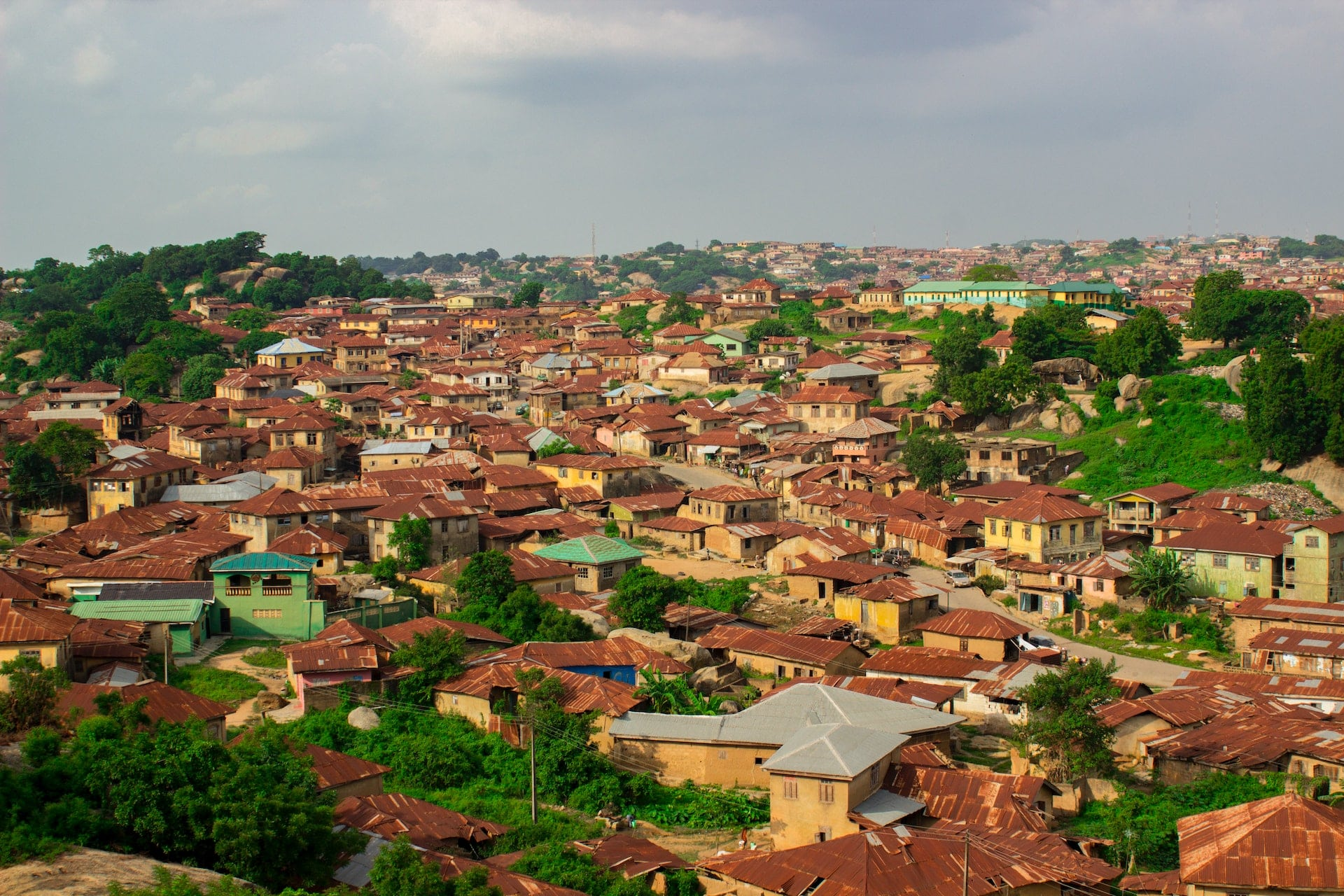Nigeria, the most populous country in Africa, is a vibrant tapestry of cultures, languages, and landscapes. Known as the “Giant of Africa,” Nigeria boasts a rich history and a diverse heritage that reflects the multitude of ethnic groups that inhabit its land. From the bustling cities to the serene countryside, This Country is a land of contrasts and opportunities, offering a unique experience for travelers and locals alike.
Table of Contents
Geography
Nigeria is located in West Africa and covers an area of approximately 923,768 square kilometers. It shares borders with Benin to the west, Niger to the north, Chad to the northeast, and Cameroon to the east. The country has a diverse landscape that includes coastal plains, savannas, and mountainous regions. The Niger River, one of the longest rivers in Africa, flows through the country, providing essential water resources and serving as a vital transportation route.
The climate in The country varies from tropical in the south to arid in the north. The southern region experiences a rainy season from March to October, while the northern region has a dry season characterized by harmattan winds from December to February. Nigeria’s diverse ecosystems support a wide range of flora and fauna, making it a biodiversity hotspot in Africa.
States of Nigeria
The country has 36 states and 1 Federal Capital Territory (FCT), which is Abuja. Here’s a table listing all 36 states along with their capitals:
| # | State | Capital |
|---|---|---|
| 1 | Abia | Umuahia |
| 2 | Adamawa | Yola |
| 3 | Akwa Ibom | Uyo |
| 4 | Anambra | Awka |
| 5 | Bauchi | Bauchi |
| 6 | Bayelsa | Yenagoa |
| 7 | Benue | Makurdi |
| 8 | Borno | Maiduguri |
| 9 | Cross River | Calabar |
| 10 | Delta | Asaba |
| 11 | Ebonyi | Abakaliki |
| 12 | Edo | Benin City |
| 13 | Ekiti | Ado-Ekiti |
| 14 | Enugu | Enugu |
| 15 | Gombe | Gombe |
| 16 | Imo | Owerri |
| 17 | Jigawa | Dutse |
| 18 | Kaduna | Kaduna |
| 19 | Kano | Kano |
| 20 | Katsina | Katsina |
| 21 | Kebbi | Birnin Kebbi |
| 22 | Kogi | Lokoja |
| 23 | Kwara | Ilorin |
| 24 | Lagos | Ikeja |
| 25 | Nasarawa | Lafia |
| 26 | Niger | Minna |
| 27 | Ogun | Abeokuta |
| 28 | Ondo | Akure |
| 29 | Osun | Osogbo |
| 30 | Oyo | Ibadan |
| 31 | Plateau | Jos |
| 32 | Rivers | Port Harcourt |
| 33 | Sokoto | Sokoto |
| 34 | Taraba | Jalingo |
| 35 | Yobe | Damaturu |
| 36 | Zamfara | Gusau |
| FCT | Federal Capital Territory | Abuja |
|---|
History
Nigeria’s history is rich and complex, shaped by ancient kingdoms, colonial rule, and the struggle for independence. The region has been inhabited for thousands of years, with evidence of early civilizations such as the Nok culture, known for its terracotta sculptures. By the 11th century, powerful kingdoms like the Hausa city-states, the Yoruba kingdoms, and the Oyo Empire began to emerge, contributing to the region’s cultural and economic development.
In the late 19th century, The country came under British colonial rule, leading to significant changes in the political landscape. The British merged various territories, creating Nigeria as a single entity in 1914. This period was marked by resistance from local communities and growing nationalist sentiments. After years of struggle and negotiations, The country gained independence from British rule on October 1, 1960. However, the country faced political instability, ethnic tensions, and military coups in the years that followed, impacting its development.
Despite these challenges, Nigeria has emerged as a significant player in Africa and the global arena. It is a founding member of the African Union and the Economic Community of West African States (ECOWAS). Today, Nigeria is known for its vibrant culture, diverse population, and economic potential, being one of the largest economies in Africa.
Top Ten Must-Visit Destinations
Lagos
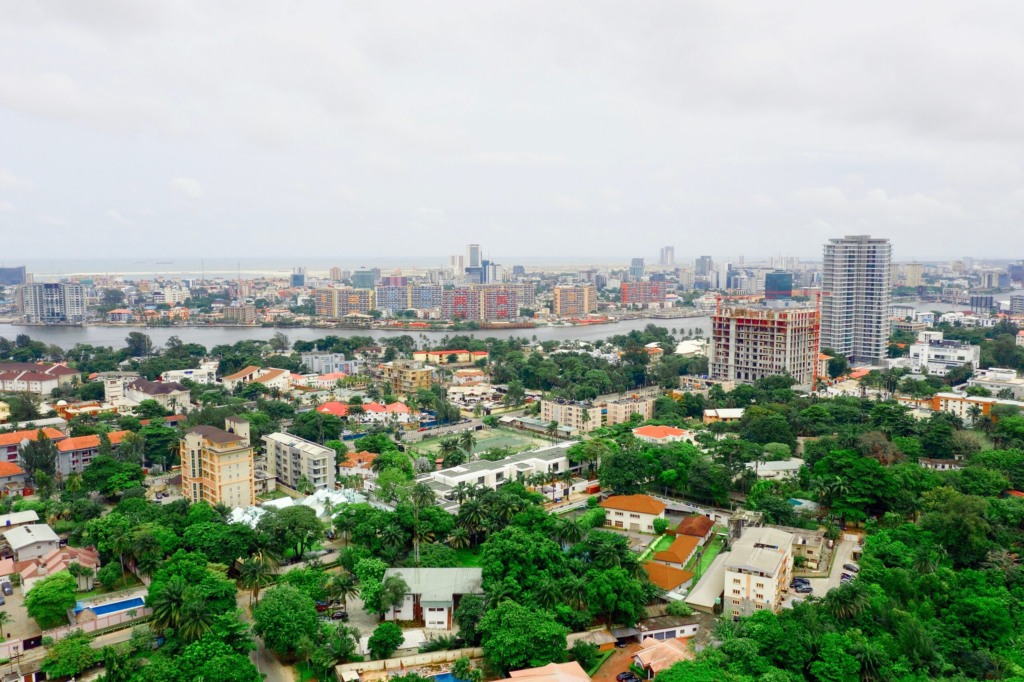
Lagos, the largest city in Nigeria, is a bustling metropolis that offers a unique blend of culture, business, and entertainment. Visitors can explore the vibrant markets, experience the local music scene, and enjoy the beautiful beaches along the Atlantic coast. The Lekki-Ikoyi Link Bridge provides stunning views of the city skyline, while the Nike Art Gallery showcases traditional and contemporary Nigerian art.
Abuja
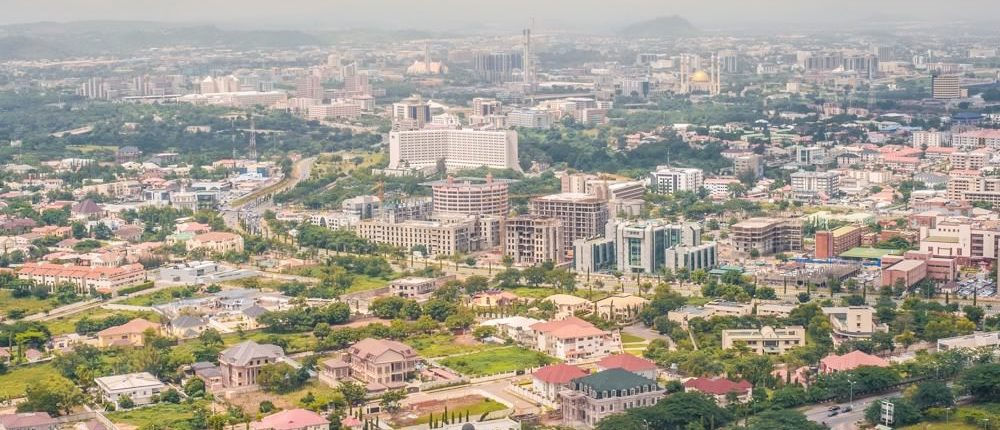
Abuja, the capital city of Nigeria, is known for its modern architecture and lush greenery. The Aso Rock, a prominent landmark, overlooks the city and is home to the Presidential Complex. Visitors can explore the National Mosque and the National Cathedral, which reflect Nigeria’s religious diversity. Abuja also offers parks and recreational areas, making it a great place to relax and unwind.
Calabar
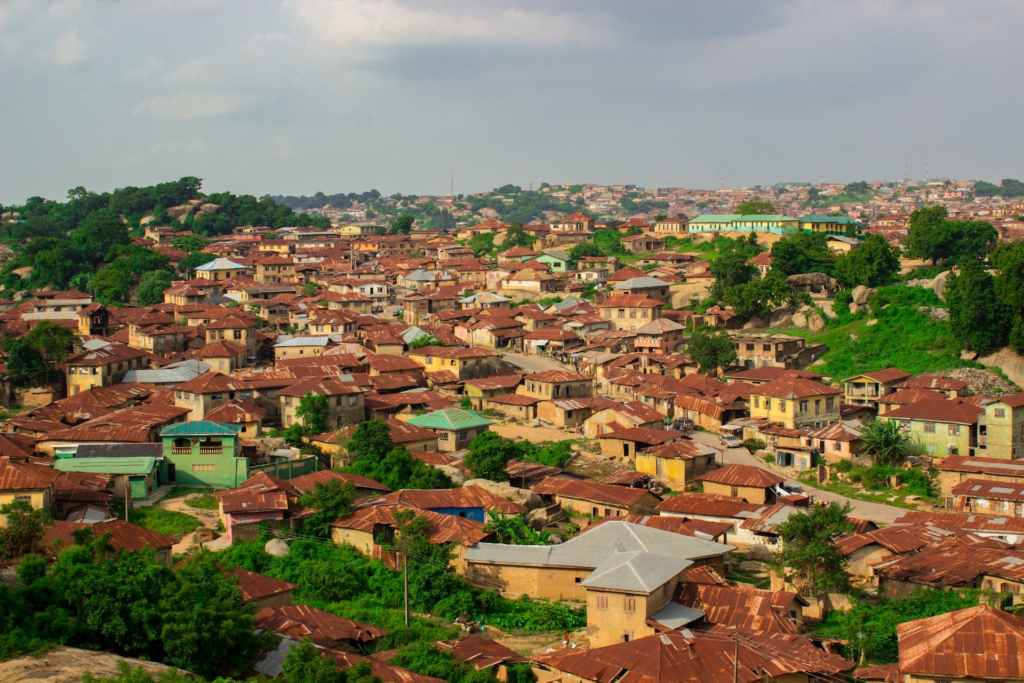
Calabar, often referred to as the “Cultural Capital of Nigeria,” is known for its rich history and vibrant festivals. The Calabar Carnival, held annually in December, is one of the largest street festivals in Africa, featuring colorful parades, music, and dance. Visitors can also explore the Calabar Slave History Museum and the old Calabar River, which played a significant role in the transatlantic slave trade.
Zazzau (Zaria)
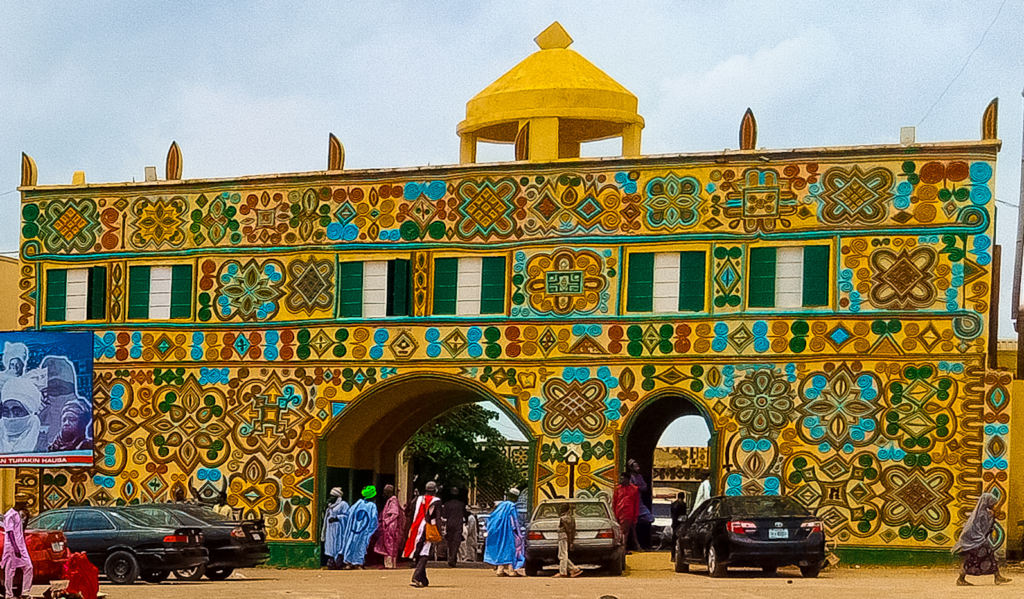
Zazzau, also known as Zaria, is a historical city in northern Nigeria with a rich cultural heritage. It was once the capital of the Zazzau Emirate and is home to several ancient buildings, including the Zaria City Wall and the Emir’s Palace. The city is also known for its educational institutions, including Ahmadu Bello University, which attracts students from across the country.
Jos

Jos, located in the central region of Nigeria, is known for its cool climate and scenic landscapes. The city is home to the National Museum, which showcases Nigeria’s rich cultural heritage, including artifacts from various ethnic groups. Visitors can also explore the nearby Plateau State, known for its stunning hills, waterfalls, and diverse wildlife, making it a popular destination for outdoor activities.
Ogbomosho
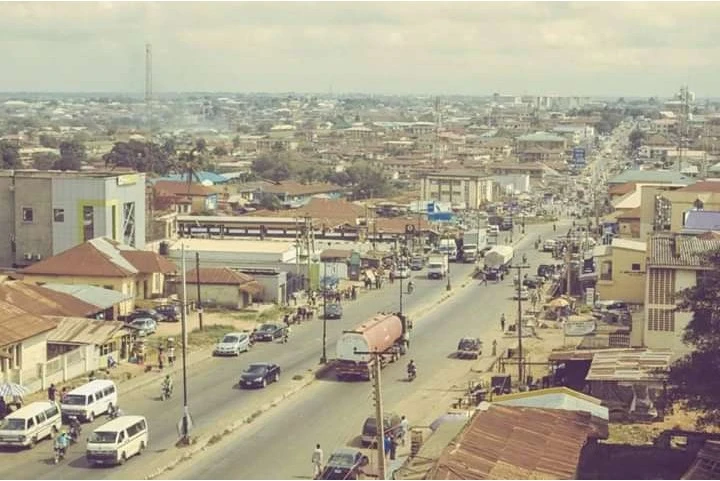
Ogbomosho is a historic city in southwestern Nigeria known for its traditional architecture and cultural festivals. The city is home to the famous Ogbomosho Palace, a symbol of the town’s history and heritage. Visitors can experience the annual Ogbomosho Festival, which features traditional music, dance, and local cuisine, celebrating the rich cultural traditions of the Yoruba people.
Olumo Rock
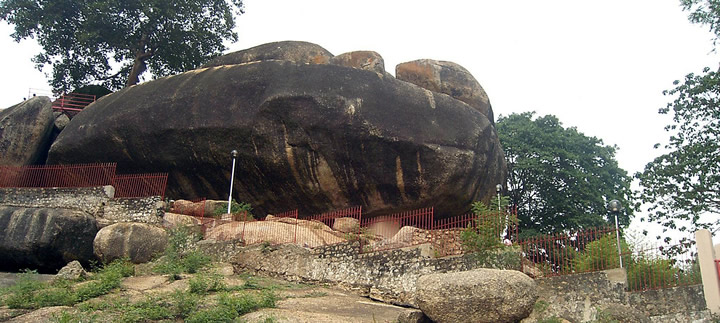
Olumo Rock, located in Abeokuta, is a significant historical site and tourist attraction in Nigeria. The rock served as a fortress for the Egba people during the 19th century, providing refuge from invading forces. Visitors can climb the rock to enjoy panoramic views of the city and learn about its historical significance through guided tours.
Yankari National Park
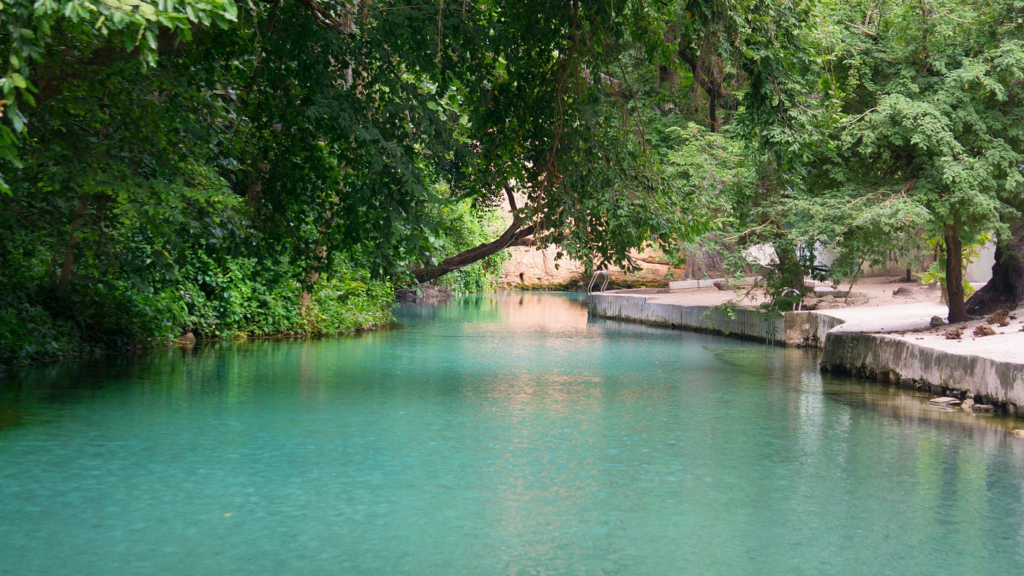
Yankari National Park is Nigeria’s premier wildlife reserve, covering an area of over 1,000 square kilometers. The park is home to diverse wildlife, including elephants, baboons, and various bird species. Visitors can enjoy guided safaris, relax in the natural hot springs, and explore the park’s lush landscapes. Yankari offers a unique opportunity to experience Nigeria’s rich biodiversity and natural beauty.
Aso Rock
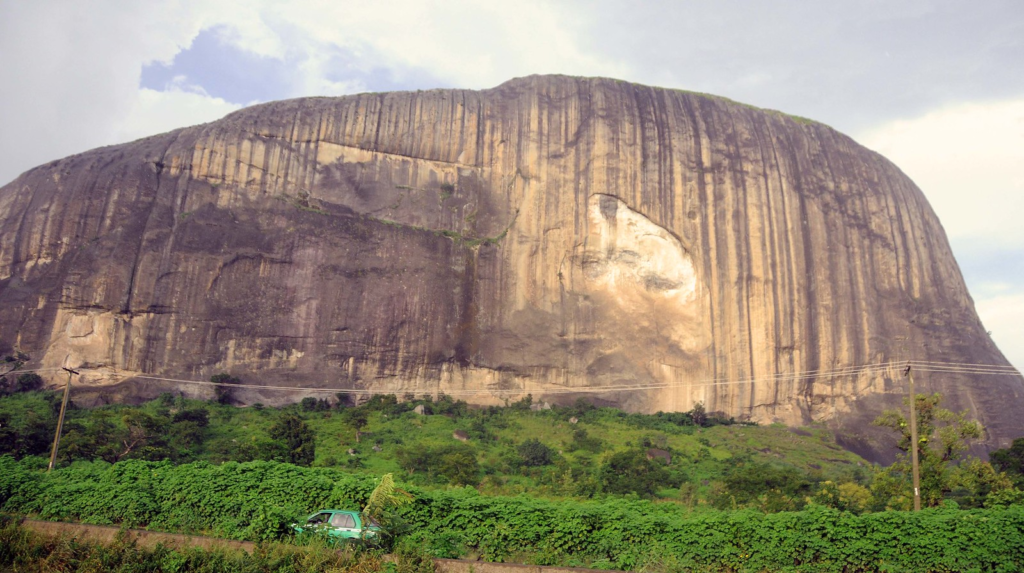
Aso Rock is a prominent 400-meter-high rock formation located in Abuja, the capital city of Nigeria. It serves as the backdrop for several important government buildings, including the Presidential Complex and the National Assembly. Visitors can take guided tours to learn about the rock’s significance in Nigerian politics and enjoy stunning views of the surrounding landscape.
Idanre Hills
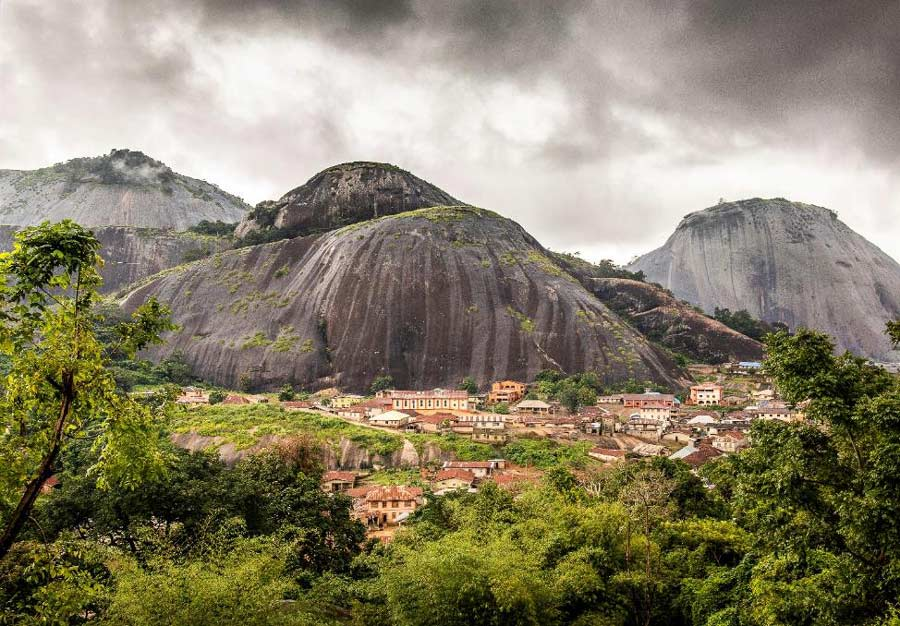
Idanre Hills, located in Ondo State, is a UNESCO World Heritage site known for its breathtaking landscapes and historical significance. The hills are home to ancient settlements and offer visitors the chance to explore lush greenery, stunning views, and historical sites, including the Owa’s Palace. Hiking trails lead to the summit, where visitors can enjoy panoramic views of the surrounding area.
Culture
Nigeria is a cultural melting pot, with over 250 ethnic groups and more than 500 languages spoken throughout the country. The three largest ethnic groups are the Hausa, Yoruba, and Igbo, each with its own unique traditions, languages, and cultural practices. This diversity is reflected in Nigeria’s rich arts, music, dance, and cuisine.
Nigerian music is renowned worldwide, with genres such as Afrobeats, highlife, and juju gaining international popularity. Prominent artists like Fela Kuti, Burna Boy, and Tiwa Savage have made significant contributions to the global music scene, showcasing the country’s vibrant culture. Traditional dances, often performed during festivals and ceremonies, play a vital role in expressing cultural identity and community spirit.
Art is also an essential aspect of Nigerian culture, with traditional crafts such as pottery, weaving, and wood carving showcasing the skills and creativity of local artisans. Contemporary Nigerian art has gained recognition on the global stage, with artists exploring themes related to identity, politics, and social issues through various mediums.
Festivals
Nigeria is known for its colorful and lively festivals that celebrate its diverse cultures and traditions. One of the most famous festivals is the Osun-Osogbo Festival, held annually in Osogbo, Osun State. This festival is dedicated to the river goddess Osun and attracts thousands of visitors who participate in rituals, traditional dances, and cultural displays.
The Lagos Carnival is another major event that showcases the vibrant culture of Nigeria. Held annually during Easter, the carnival features colorful parades, music, dance, and performances from various cultural groups. The event brings together people from different backgrounds, promoting unity and celebration of Nigeria’s cultural diversity.
The Durbar Festival, celebrated in northern Nigeria, is a grand display of horse riding and cultural heritage. The festival is marked by elaborate parades, traditional music, and the showcasing of royal regalia. It is a significant event that highlights the rich traditions of the Hausa-Fulani people and attracts tourists from around the world.
Economy
Nigeria has one of the largest economies in Africa, primarily driven by its oil and gas industry. The country is one of the top oil producers in Africa, contributing significantly to its GDP and export revenues. However, Nigeria’s economy is also diversified, with agriculture, manufacturing, and services playing essential roles.
Agriculture employs a large portion of the population and contributes to food security. Key crops include cassava, yams, maize, and rice, while livestock farming is also prevalent. The government has made efforts to promote agricultural development through initiatives aimed at increasing productivity and reducing reliance on oil.
In recent years, Nigeria has seen growth in the technology sector, with a burgeoning startup ecosystem and increased investment in tech-driven businesses. This has created opportunities for innovation and job creation, contributing to the country’s economic diversification.
Cuisine
Nigerian cuisine is as diverse as its people, with each ethnic group contributing unique dishes and flavors. Common staples include rice, yam, and cassava, often served with a variety of soups and stews. Jollof rice, a popular dish made with rice, tomatoes, and spices, is a favorite at celebrations and gatherings. Other notable dishes include pounded yam served with egusi soup, suya (spicy grilled meat), and moi moi (steamed bean pudding).
Street food is an integral part of Nigerian culture, with vendors offering a wide range of delicious options, from akara (bean cakes) to pepper soup. The vibrant flavors and aromas of Nigerian cuisine reflect the country’s rich cultural heritage and communal spirit.
Top Eight Most Famous Food
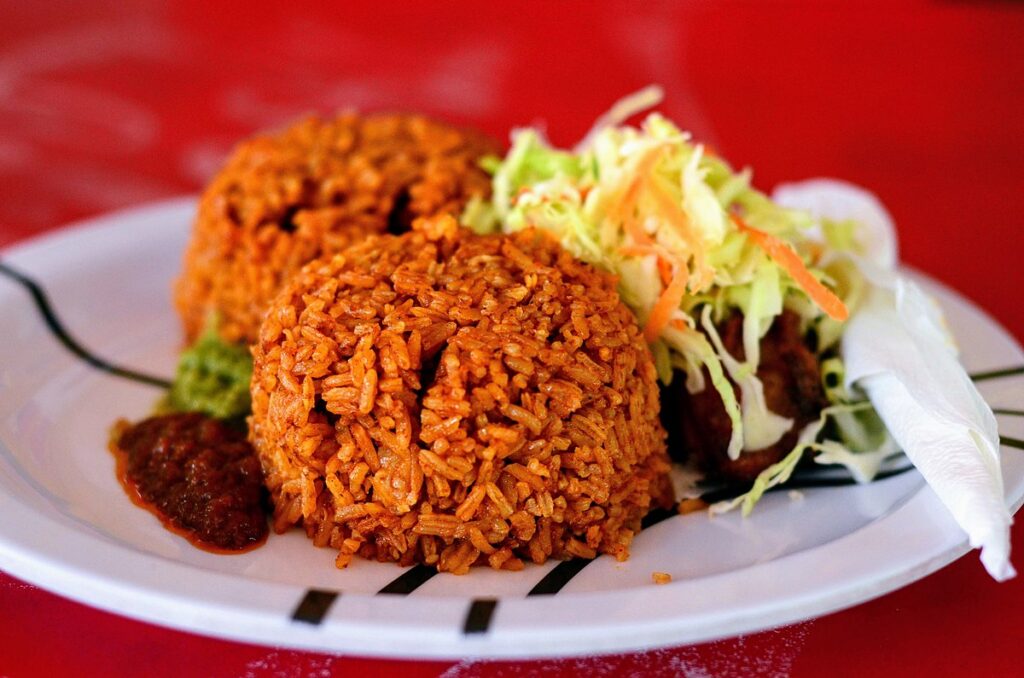

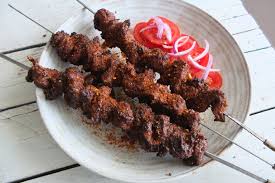



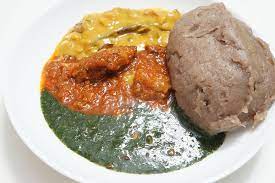

Interesting Facts
- Nigeria is the most populous country in Africa, with over 200 million inhabitants.
- The country is home to over 250 ethnic groups and more than 500 languages.
- Nollywood, Nigeria’s film industry, is one of the largest in the world by the number of films produced annually.
- The Nigerian naira is the official currency, and its symbol is ₦.
- The country is known for its rich natural resources, including oil, natural gas, and minerals.
- Nigeria is home to the longest river in West Africa, the Niger River.
- The country has a diverse climate, ranging from tropical in the south to arid in the north.
- Nigeria gained independence from British colonial rule on October 1, 1960.
- The Oshun-Osogbo Festival is one of Nigeria’s most famous cultural celebrations.
- Nigeria is known for its vibrant music scene, with genres such as Afrobeats gaining international recognition.
Conclusion
Nigeria, the heartbeat of Africa, is a nation rich in history, culture, and diversity. From its bustling cities to its serene landscapes, Nigeria offers a unique experience that captivates both visitors and locals. With a vibrant arts scene, delicious cuisine, and a resilient spirit, Nigeria stands as a testament to the strength and unity of its people. As travelers explore this dynamic country, they are invited to immerse themselves in its rich heritage and experience the warmth of Nigerian hospitality.

